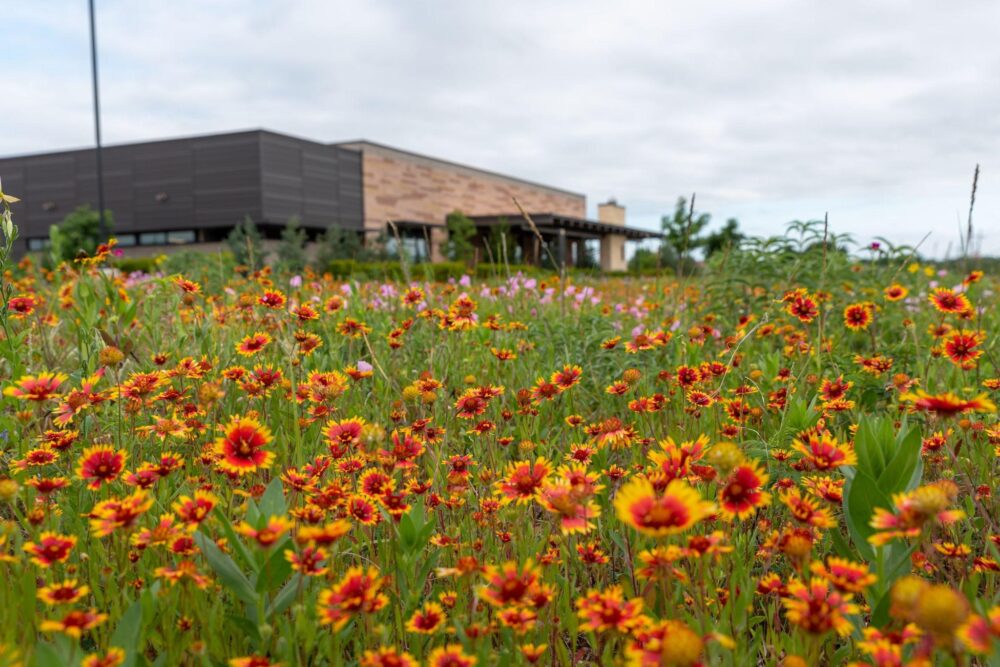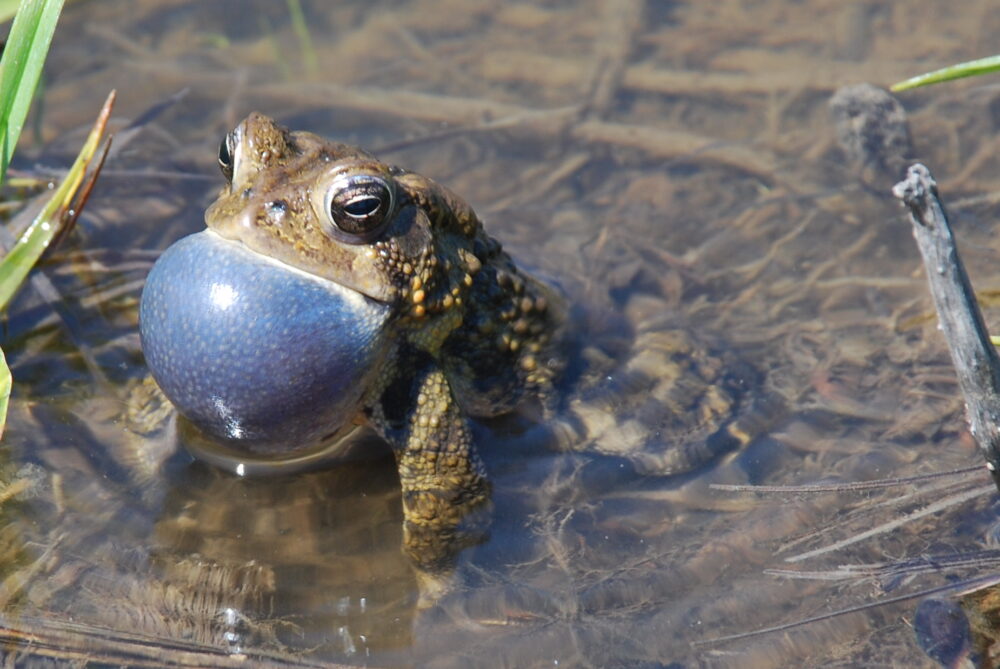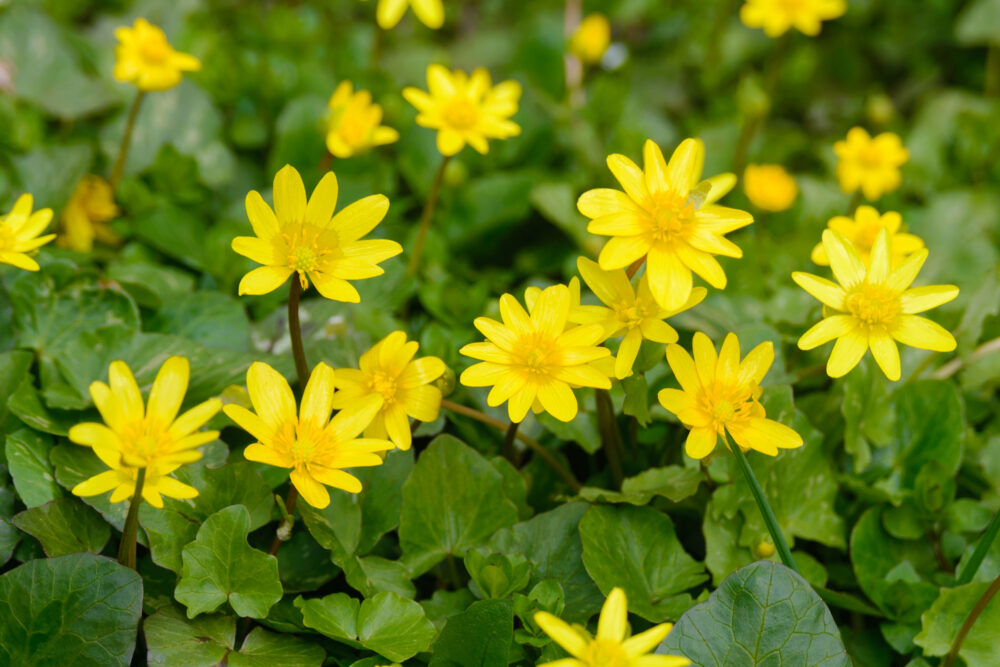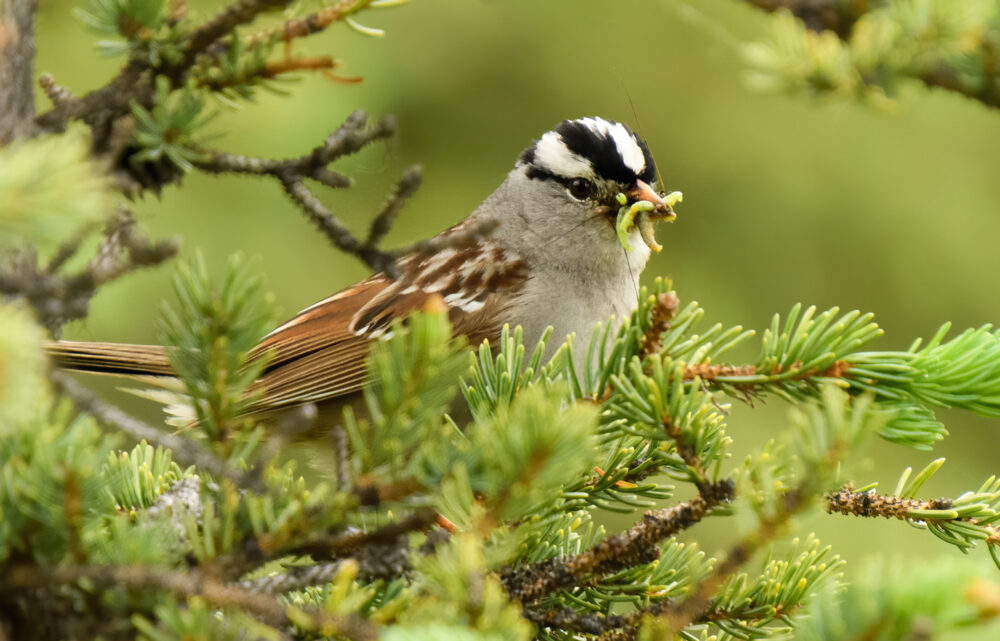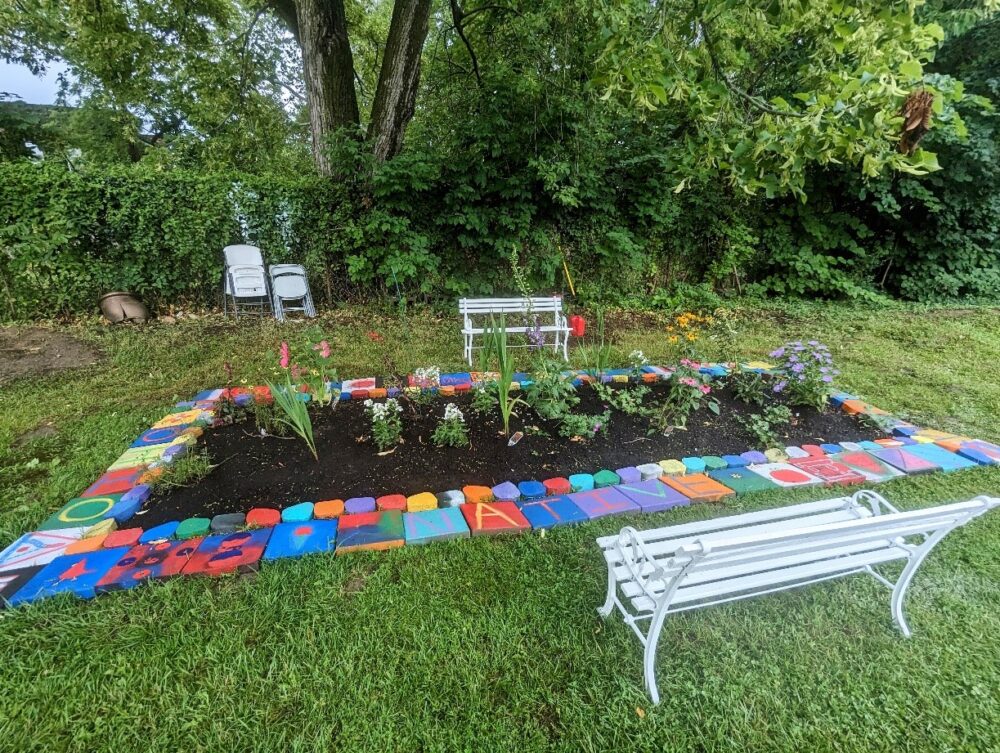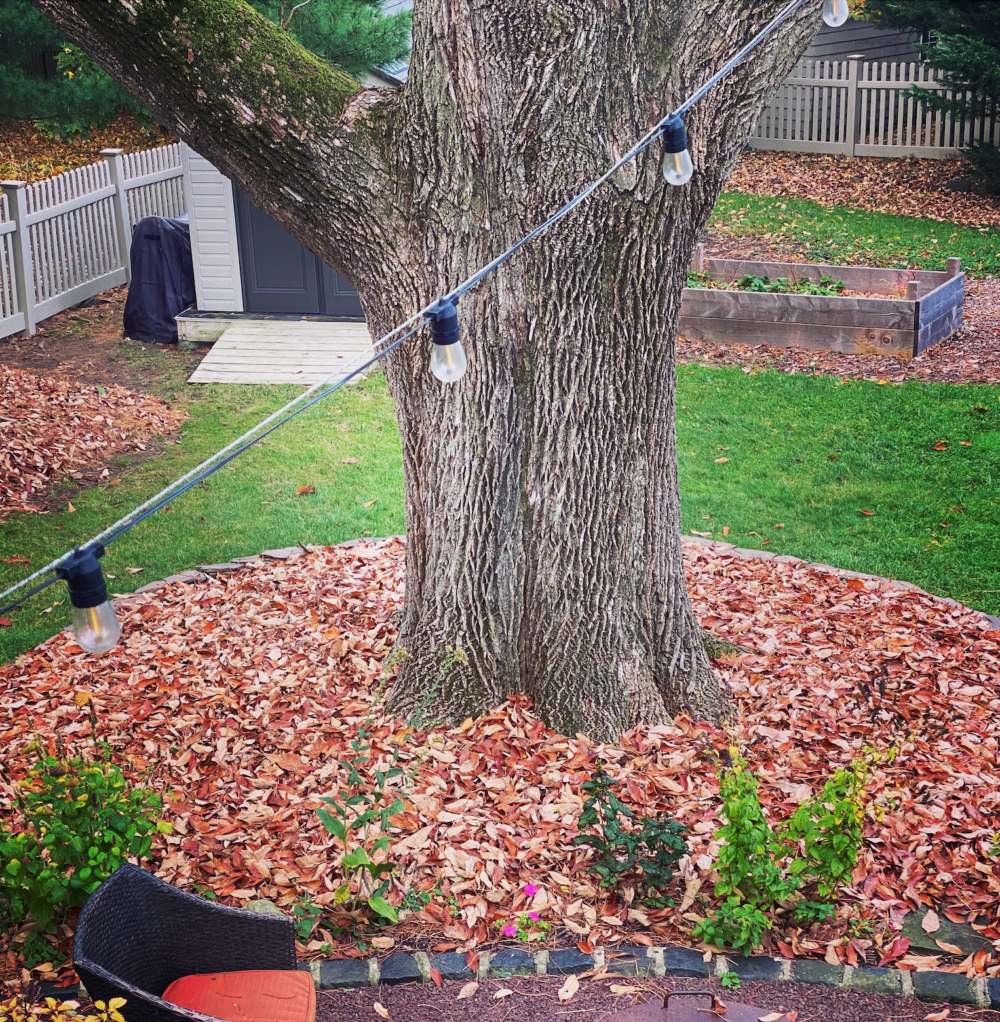We have much more to do and your continued support is needed now more than ever.
Meet the Wymans: Doing Their Part One Acre at a Time
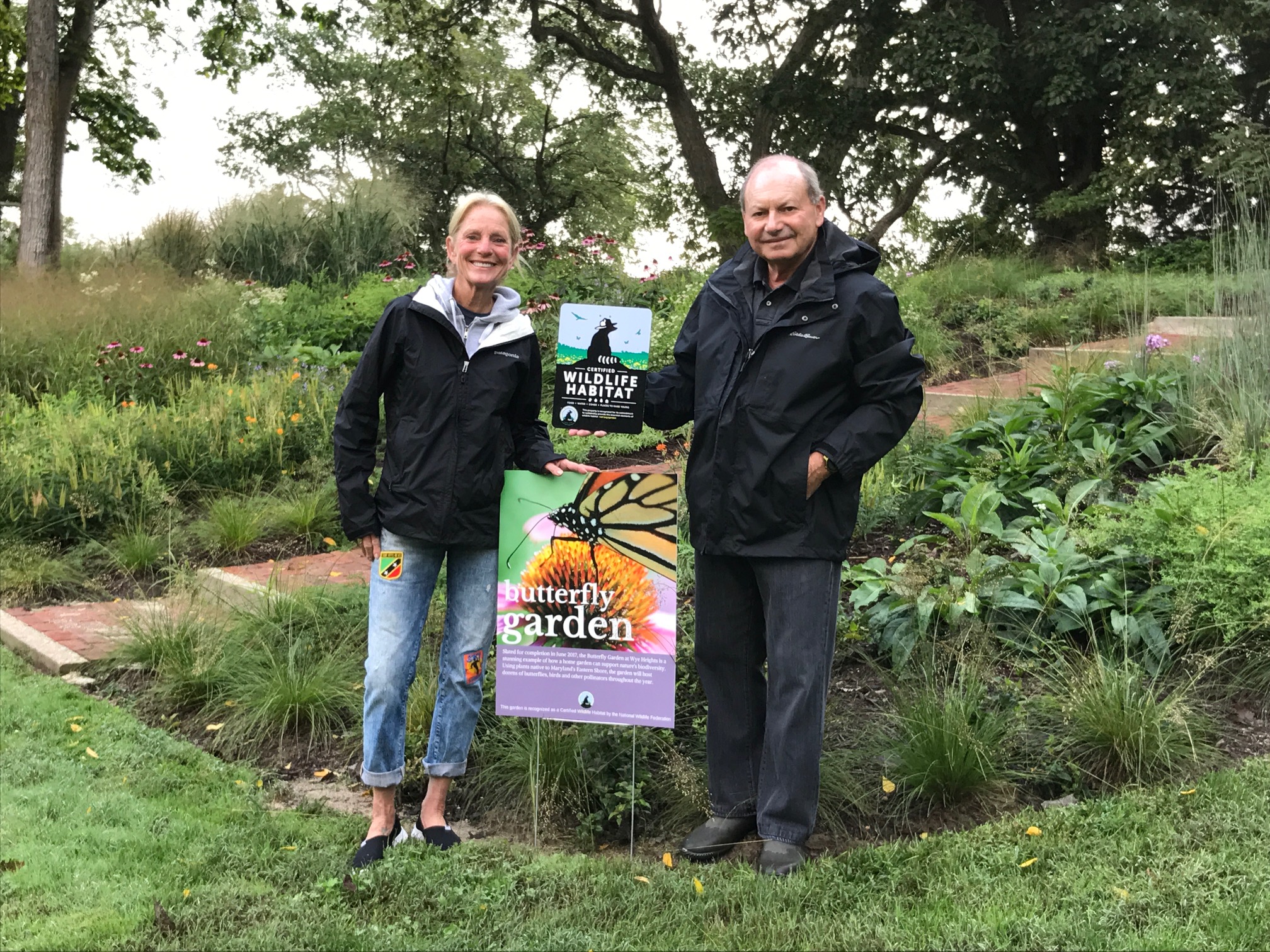
Warm rays of sun light reflect from the waters of the Chesapeake Bay, the smell of fresh vegetation fills the air, butterflies dance in the wind above the plush gardens, and lamb graze across 1,500 acres of beautiful green farmland. Tim and Lisa Wyman take great pride in Wye Heights Plantation and for good reason — they have created serenity not only for themselves, but also for the wildlife that surrounds them. They’re lifetime gardeners and farmers who have made it part of their daily mission to be responsible caretakers of their farm, land, and waterway.
Early farming practices and agriculture use did not always account for impacts on the surrounding ecosystem. According to Tim and Lisa, “People did not consider the negative impact to the environment and waterways. Historical farming practices included much higher levels of fertilizer, plowing and tilling, and other farming methods which created run off and erosion.” In contrast to this philosophy, one of the agricultural best management practices adopted at the Wye Heights Plantation was the growing of cover crops — planting a second, unharvested crop in coordination with the cash crop to prevent wind and water erosion, reduce nutrient loss, and improve soil quality. With acres of waterways flowing through the Wye Heights Plantation, the adoption of these practices also helped the Wyman’s minimize dangerous fertilizers from polluting the beautiful Wye River and the Chesapeake Bay into which it flows.
It was through their love of the Chesapeake that they first became involved with the National Wildlife Federation and our Mid-Atlantic Regional Center, which hosts the Choose Clean Water Coalition. Created in 2009, the Coalition serves as a strong, united, effective advocate for restoring the thousands of streams and rivers flowing to the Chesapeake Bay.
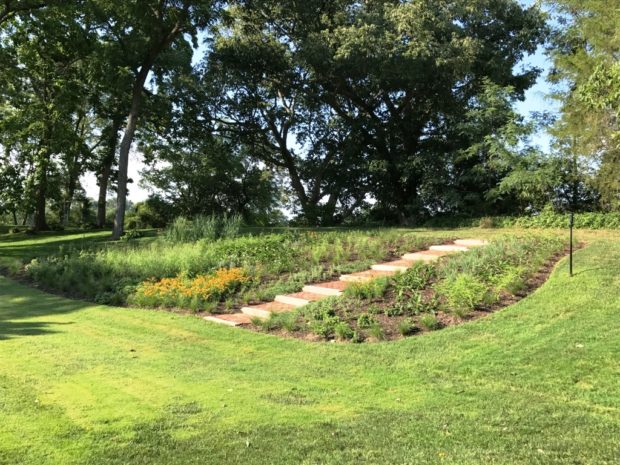
But the Wymans didn’t stop with their own agricultural practices. Instead they began educating their network of farmers about best management practices. Tim notes, “Farming is now always regarded as an environmental practice.” The Wyman family led by example as they worked to transform their plantation into an environmentally friendly enterprise to serve as a model for their community and those who live around the Chesapeake.
Tim and Lisa continue to look for ways to benefit their local ecosystem. Recently the Wymans certified the Wye Heights Plantation as a Certified Wildlife Habitat® through the Federation’s Garden for Wildlife™ program. Much like their local environmental efforts, the program restores habitat and wildlife populations to areas by providing resources to create sustainable gardens and habitats that are beneficial for wildlife. Recently and in partnership with the Federation, the Wymans created a 1,375 square feet garden for butterflies and other pollinators and showcased the garden on a Garden Club of America tour.
At the heart of their conservation efforts is a genuine spirit of philanthropy. “Philanthropy is something that you also learn, like sustainable farming…” the Wymans shared. “By taking an active role in different causes, you can better the world around you, this is philanthropy.”
Thank you Tim and Lisa for partnering with the National Wildlife Federation. Together we are doing our part in making the world a better place by uniting all Americans to ensure wildlife thrive in a rapidly changing world.











